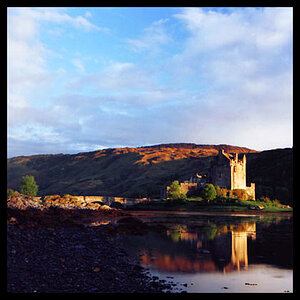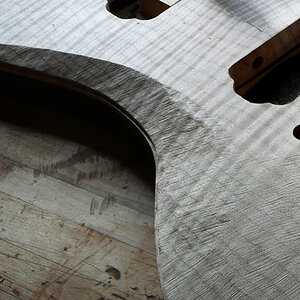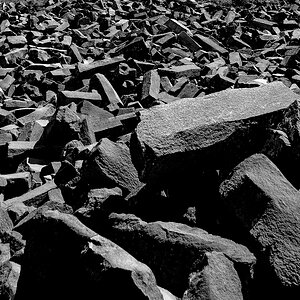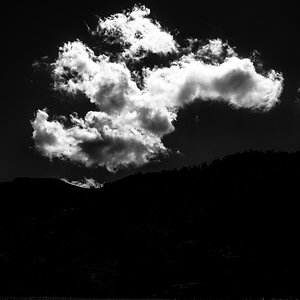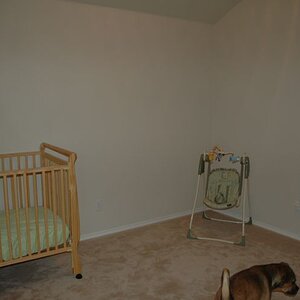crazyjackphoto
TPF Noob!
- Joined
- Apr 4, 2008
- Messages
- 32
- Reaction score
- 0
- Location
- New York, NY
- Can others edit my Photos
- Photos OK to edit
Hello,
was looking for a 2-stop Graduated Neutral Density filter for some beach sunset . But not quite sure what is the 0.3, 0.6 & 0.9. Can anyone help me to gain more knowledge on this. Need to know which one is how many stops & what it means. Also is it neccessary to get the HT one, which is way more expensive.
would like to know too the difference between Graduated Neutral Density & ND filters.
your answer is much appreciated. Thansk!
was looking for a 2-stop Graduated Neutral Density filter for some beach sunset . But not quite sure what is the 0.3, 0.6 & 0.9. Can anyone help me to gain more knowledge on this. Need to know which one is how many stops & what it means. Also is it neccessary to get the HT one, which is way more expensive.
would like to know too the difference between Graduated Neutral Density & ND filters.
your answer is much appreciated. Thansk!


![[No title]](/data/xfmg/thumbnail/37/37634-504722605a418b398f3cd1dbabf936e5.jpg?1619738156)
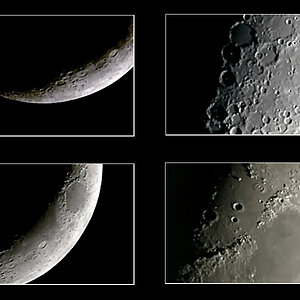
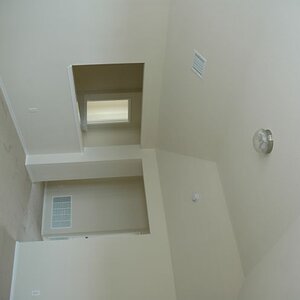
![[No title]](/data/xfmg/thumbnail/36/36393-86ce601930c671b92b6df002b7fcbd0b.jpg?1619737548)

